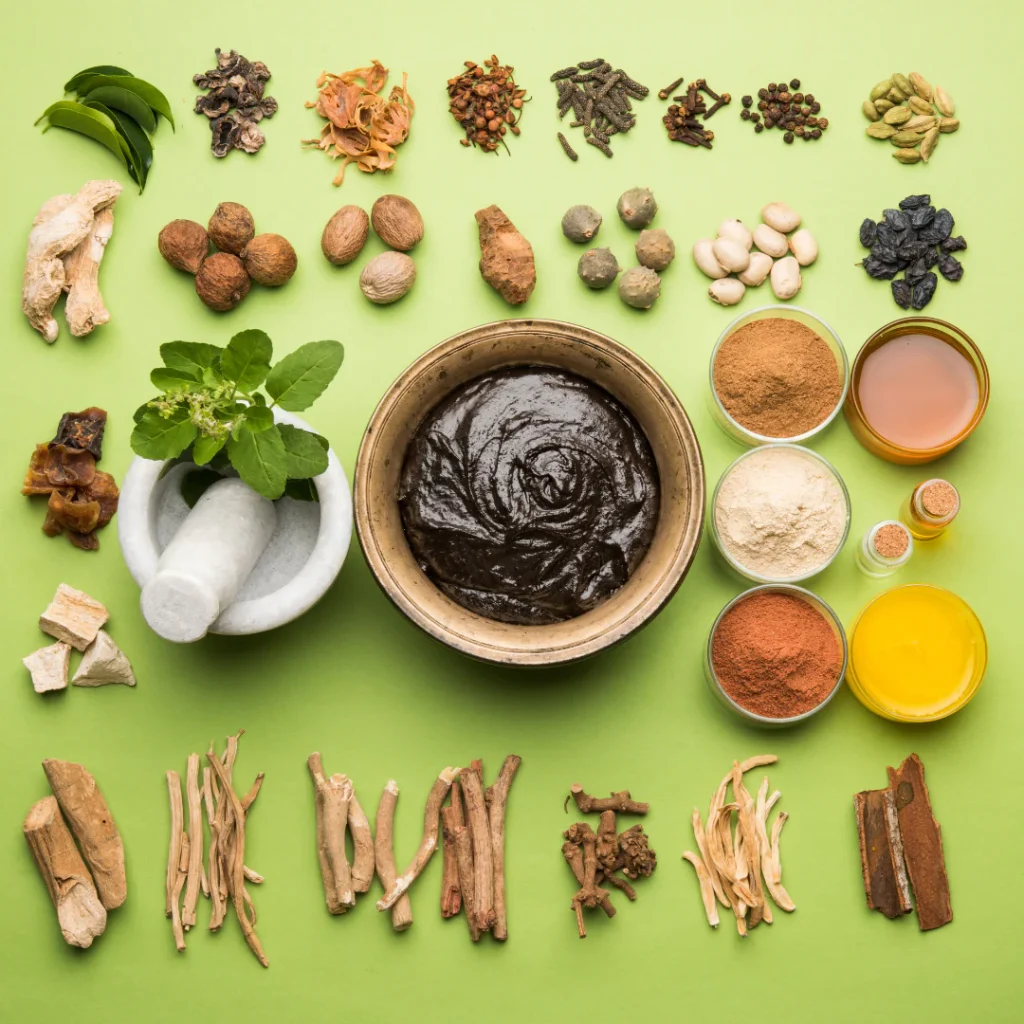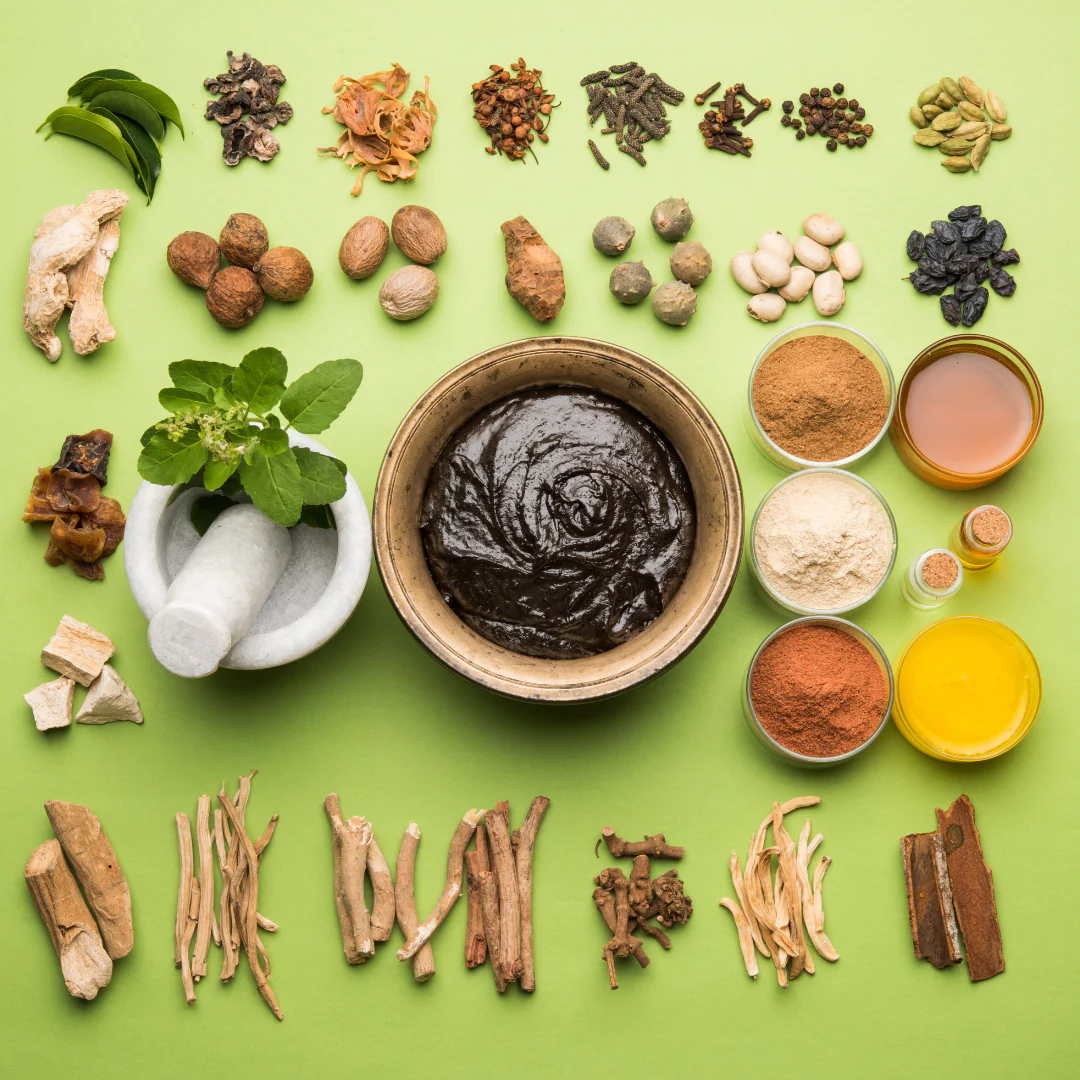Ayurvedic Herbs for Uric Acid: In a world where dietary habits and lifestyles play a significant role in causing various health issues, one ailment that arises from such factors is high uric acid levels. The elevated levels of uric acid can lead to discomfort in joints, making even simple activities like sitting and standing a challenging task. If you find yourself troubled by this, incorporating five Ayurvedic herbs into your routine may provide relief from joint pain and swelling.

The Impact of Lifestyle on Uric Acid
Dietary and Lifestyle Choices
Poor eating habits and an unhealthy lifestyle often contribute to severe health conditions. Among these, one prevalent issue is high uric acid. While the body requires a certain level of uric acid, an excessive amount can lead to difficulty in movement, accompanied by joint pain and swelling
The Consequence of High Uric Acid
When uric acid levels surpass the normal range, individuals may experience pain, swelling, fever, and even kidney stones. If left unmanaged over an extended period, persistently high uric acid levels can lead to conditions like gout and arthritis. However, Ayurveda offers a ray of hope through the use of specific herbs.
Ayurvedic Remedies to Tackle High Uric Acid
- Giloy (Tinospora cordifolia)
Known for its immunomodulatory properties, Giloy aids in reducing inflammation and purifying the blood. Its regular consumption is believed to assist in lowering uric acid levels, offering relief from joint discomfort. - Gokshura (Tribulus terrestris)
Gokshura is renowned for its diuretic properties, promoting the elimination of excess uric acid through urine. Incorporating Gokshura into your routine may help prevent the accumulation of uric acid in the joints. - Ashwagandha (Withania somnifera)
Ashwagandha, known for its adaptogenic and anti-inflammatory properties, can be beneficial in managing uric acid levels. Its use is associated with reducing joint pain and inflammation. - Punarnava (Boerhavia diffusa)
Punarnava acts as a natural diuretic, aiding in the elimination of toxins, including excess uric acid. Regular consumption may contribute to maintaining optimal uric acid levels. - Triphala
Triphala, a combination of three fruits – Amla, Haritaki, and Bibhitaki, is renowned for its detoxifying properties. It helps in cleansing the body of impurities, potentially reducing uric acid levels.
The Road to Ayurvedic Wellness
Addressing Root Causes
Ayurvedic herbs offer a holistic approach to tackling high uric acid levels. Rather than merely addressing symptoms, these natural remedies target the root causes, promoting overall well-being.
Incorporating Ayurvedic Lifestyle Practices
In addition to herbal remedies, adopting Ayurvedic lifestyle practices such as a balanced diet, regular exercise, and stress management can contribute to maintaining optimal uric acid levels.
Conclusion
In conclusion, the incorporation of Ayurvedic herbs into your daily routine may provide relief from the challenges posed by high uric acid levels. Nevertheless, it is crucial to seek advice from a healthcare professional before implementing substantial alterations to your diet or lifestyle. Ayurveda, with its natural and holistic approach, offers promising avenues for managing uric acid levels and promoting joint health.
Read more: 7th Pay Commission Woes: Central Government Employees Await Salary Hike Beyond 2 Lakhs
